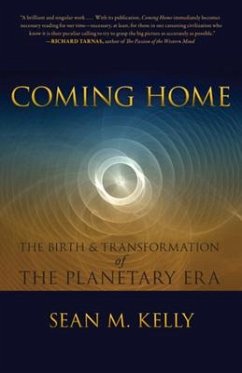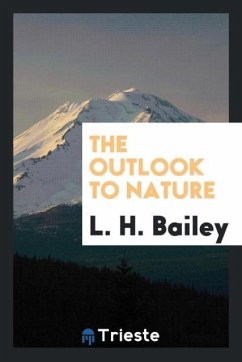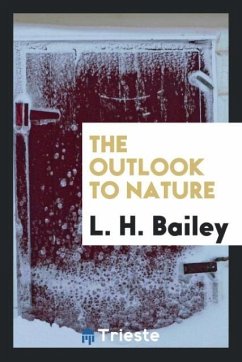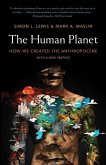With the threat of global climate change, a looming mass extinction of species, and increasingly complex and volatile geopolitical relations, the entire Earth Community has entered a most critical phase of what the author describes as the Planetary Era. While this era began some five hundred years ago with the conquest of the Americas and the Copernican revolution in cosmology, it is only now becoming a defining feature of human consciousness on a global scale. How did the Planetary Era come about, and why was it initiated in the European West? What elements in the evolution of the Western worldview might contribute to the actualization of a sustainable planetary culture? Drawing from a wide range of panoptic or big-picture thinkersfrom Hegel and Teilhard de Chardin to C.G. Jung, Richard Tarnas, and Edgar Morin, among many othersthe author answers such questions while presenting his own synthetic theory of the evolution of consciousness leading to the birth and transformation of the Planetary Era. Beginning with a consideration of the fundamental pattern of world history, he reveals the role of a Great Code and the turnings of a tightening spiral in the evolution of the last two thousand years of Western, and now increasingly planetary, consciousness. Along with a vision of the path that has lead to our vexed and complex present, the author gives reason to hope that we are on the threshold of a new countercultural resurgence, a new planetary wisdom culture, that might signal the homecoming for which our troubled world so desperately longs.








